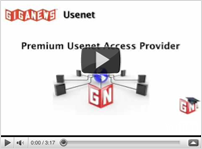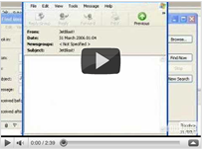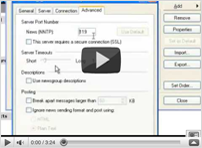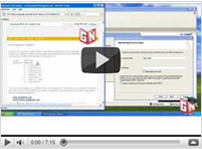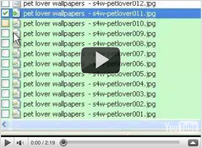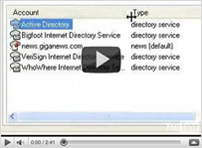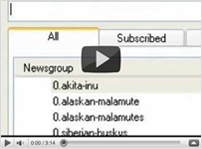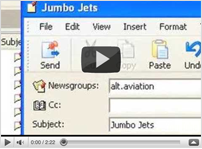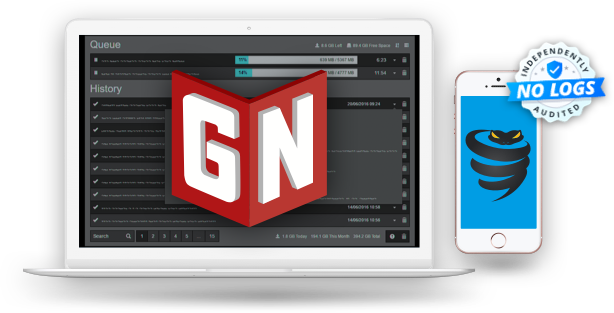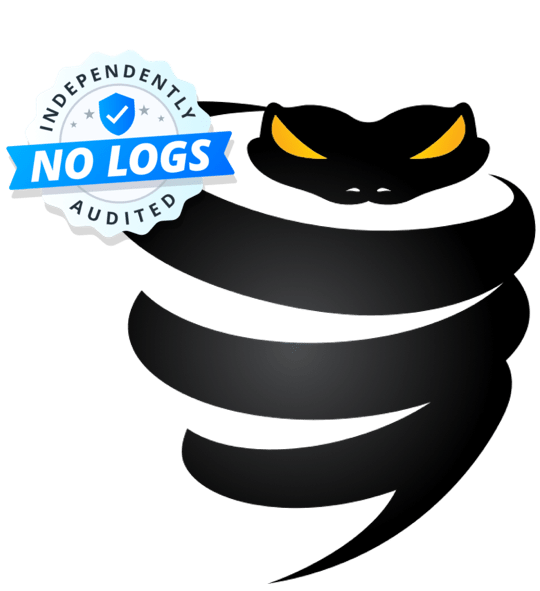The dictionary definition of a newsgroup is “a repository of articles on a Usenet network, whose subject matter is determined by its name in the hierarchy,” but this definition probably creates more questions about newsgroups than answers. A closer look at each bit of the definition should help shed some light on what exactly a newsgroup is.
Newsgroups are best compared to message boards on the web today, although they have existed for a much longer time. The term ‘article’ has nothing to do with stories written by reporters; as it applies to newsgroups it simply means a single post. These articles can be posted by any user that has access to the newsgroup. A vital key to understanding newsgroups is understanding that they are not devoted to news in a traditional sense; they are actually a medium for group interaction.
Now that we’ve clarified the meaning of articles, let’s examine the Usenet network. In the past, Usenet was a network that facilitated email and file transfers, as well as Newsgroup hosting. Today, Usenet is used only to access newsgroups, and to many the terms “Usenet” and “Newsgroups” are interchangeable.
Usenet newsgroups are hosted by a diverse collective, including ISPs, universities, and private businesses. Although there are a large number of newsgroup hosts, most have peering arrangements to keep their servers in sync, so that any user can find data posted by anyone else, regardless of their particular host. The sharing of content between Usenet hosts is what qualifies it as a network.
Newsgroup hosts carry only the groups that they choose to, but, with few exceptions, the most popular newsgroups are carried by all. Giganews carries virtually all Usenet Newsgroups, with over 100,000 to choose from. For the most part, newsgroup administrators allow the service to operate uncensored, and any moderation is handled by the actual newsgroup participants.
The final part of our definition deals with how Newsgroups are organized. Newsgroups are sorted by topic into a hierarchy, which makes it easier to find similarly-themed groups. The hierarchy structure creates a sort of family tree of related newsgroups, so that even with 100,000 newsgroups to browse, finding the correct one is still relatively efficient.
The “top-level” hierarchies have the broadest descriptions, an example being comp.*, which contains newsgroups strictly related to computing information. Because the hierarchical structure naturally organizes newsgroups by content, the posting of any off-topic articles in a newsgroup is strongly discouraged. Individual newsgroup administrators can also carry their own unique newsgroups that are not shared with other Usenet hosts. This is usually done for very specific reasons, such as providing support for particular software, which would not be appropriate in a public newsgroup.


